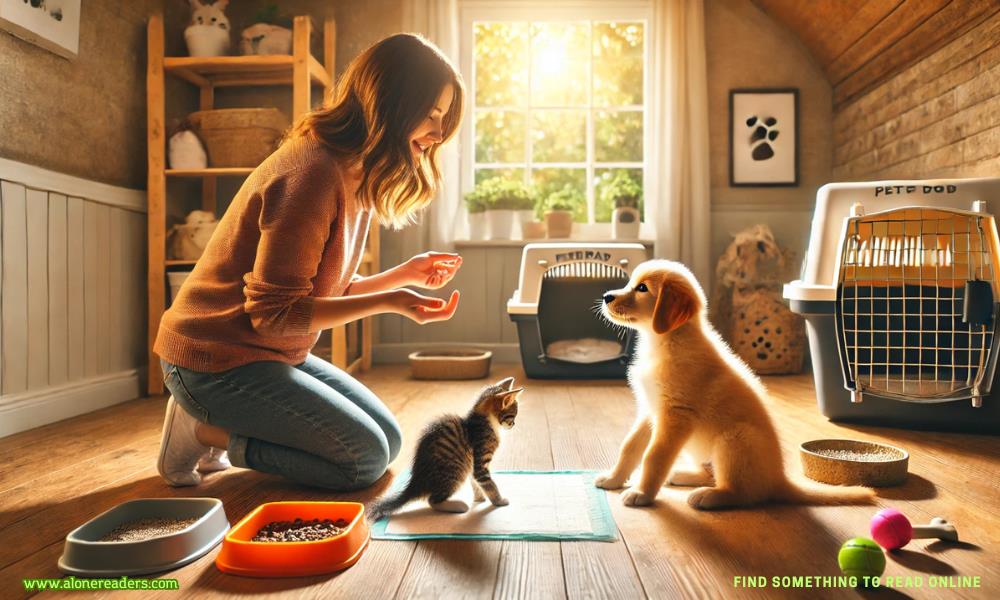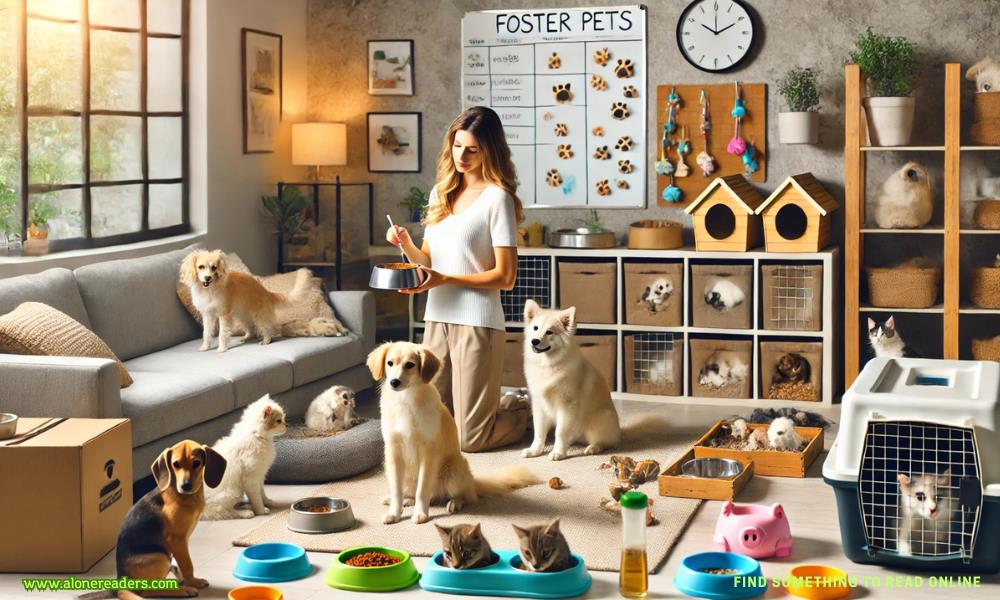Page 33 of Den of Iniquity
The call that came in from an unidentified number shortly after noon on Thursday was completely out of the blue, but it was a game changer.
“Mr. Beaumont?” an unfamiliar female voice asked.
“Yes,” I answered. “Who’s this?”
“My name is Yolanda Aguirre. I’m a forensic economist based in Seattle. An acquaintance of mine, Todd Hatcher, suggested I give you a call.”
That was a relief. I was afraid it was someone asking me for a donation to their pet charity.
“Todd’s a good friend of mine,” I said. “How can I help you, Ms. Aguirre?”
“I believe we have a mutual interest,” she replied. “I’m working on a grant from the Washington Department of Social Services tostudy the long-term economic and psychological effects of drug overdose deaths on surviving family members. He said you were interested in knowing how overdose deaths broke down in terms of manner of death rulings. I may be able to shed some light on that.”
My heart skipped a beat. “You’ve actually studied the individual cases?” I asked.
“And interviewed a good number of the surviving family members,” she told me.
I could barely believe my ears. God love Todd Hatcher! If someone else had already gone to the trouble of combing through that long catalog of death certificates, I wouldn’t have to.
“I’m doing a five-year study, starting in 2013,” Yolanda continued. “I’ve finished interviews through 2016, and I’m working on 2017.”
I struggled to contain my excitement. “And you’re interviewing affected family members?” I asked, just to confirm what I thought I’d heard.
“Wherever possible,” she replied. “In some cases, especially in terms of homeless victims, I was unable to locate any surviving family members at all. And wherever migrant families are involved, they’re generally unwilling to speak. Some of the refuseniks thought I was actually a cop of some kind masquerading as someone else, probably Border Patrol. But a surprisingly large number of the ones I did interview were more than willing to speak primarily because they really wanted to talk to someone about their dead loved one when everyone else seemed to have forgotten. When their parent, child, brother, or grandson died of a drug overdose—by and large the victims are male—the death may have registered as an overdose statistic in the M.E.’s office, but that was it. No one was ever heldresponsible for what had happened. The lives of those individual families had been forever changed, but nobody else seemed to give a rat’s ass.”
I thought about Matilda Jackson. That was what she had wanted when I had gone to see her—an opportunity to talk about her dead grandson to someone who would actually listen.
“As for law enforcement?” Yolanda continued. “As soon as there’s a suicide or accident ruling on an autopsy report and the death certificate, it’s like the cops have King’s X. They close the books on the case and walk away.”
The term “King’s X” was something I remembered from playing tag during recess back in grade school. I had initially assumed Yolanda to be fairly young. Now I revised that estimate upward by several decades.
“That’s been my experience, too,” I offered. “I suspect that the term ‘accidental overdose’ is a bureaucratic black hole used to cover a multitude of sins. In fact, I’m currently working on just such a case from 2018, one in which the family believes the victim was murdered.”
“I know,” Yolanda said. “Todd mentioned that might be the situation. I’ve encountered a few of those, too. That’s why I called.”
“Is there a chance I’d be able to read through any of those interviews?”
“I promised the families anonymity, so I’d need to redact the last names before handing them over.”
“That’s fine. If I see something that doesn’t look right, maybe you could go back to the families and get permission from them to bring me into the picture. Whereabouts are you located?”
“I’m on the backside of Queen Anne Hill in Seattle. Why?”
“I’m in Bellingham,” I told her. “Maybe I could drive down and take a look at those interviews.”
“That won’t be necessary,” she said. “I recorded the interviews and had my intern, Elena Moreno, transcribe them. As I said, I can have her redact the surnames and send you the pdfs. Would that work?”
“That would be amazing,” I said.
I gave her my email information.
“Okay,” she said. “I’ll have Elena get on this right away.”
A batch of unseasonably warm air had blown in off the Pacific. With the thermometer on the back porch registering a balmy fifty-five, Sarah and I set off on our walk. Naturally we ran into Hank Mitchell and Mr. Bean along the way.
“How’s that grandson of yours working out?” Hank asked.
“We’re doing all right so far,” I told him. “As for how things will be once the shutdown comes and he’s home round the clock? That’s anybody’s guess.”
- The Rancher's Pregnancy Surprise by Marian Tee
- His Virgin Wife by Sam Crescent
- Cougar Chronicles by Helen Hardt
- Secret Baby for the Triplets by Molly Eden
- Sinful in Scrubs by Ava Gray
- The Man of the House by Lena Little
- Fearful Mate by Jade Marshall
- Forbidden Bratva Virgin by Rina Lawson
- Dirty Grovel by Naomi West
- Dirty Damage by Naomi West
- Unholy Cross by Beth D. Carter
- The Rejected Wife by L. Steele
- The Last Sunrise by Anna Todd
- Jilted by Vi Keeland
- One Last Memory by N. Slater
- Duped by Charity Parkerson







